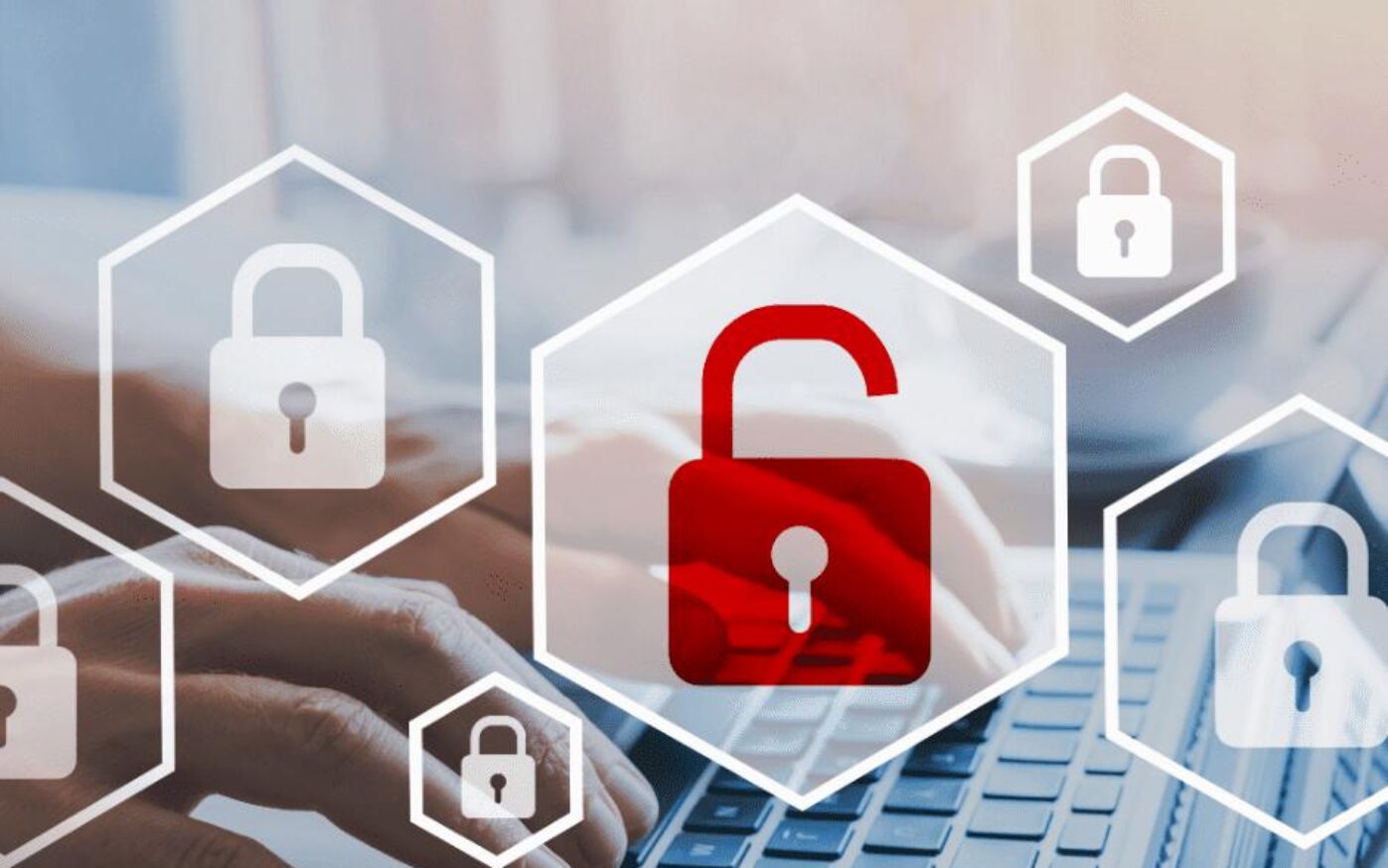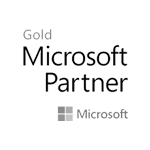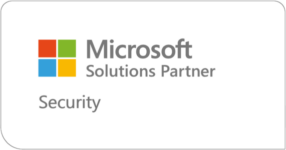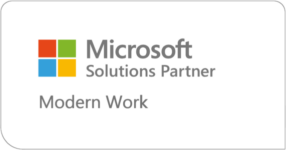Passwords are something that all technology users have to deal with, both privately and professionally.
Watch a short video about Edward Snowden and his thoughts above.
By following some simple password protection tips, you can make the job more difficult for unauthorized persons trying to access your data.
Multi-factor authentication
Multi-factor authentication is one of the most effective ways to increase the security of your business. In addition, it can help prevent your business from being compromised by data breaches. By using multi-factor authentication, you secure your data by giving nobody access without having more than just your username/password. At least two different "factors" are required. It requires something you know and something you have, purely physically. What you know is your password, while something you have may be an app on the phone, a text message or a code chip. By using something you have in addition to what you know, you make it harder for attackers to pretend to be the intended user.
Use unique passwords
The average man has at least 22 passwords to keep track of, and it goes without saying that it is tempting to use the same password on several pages. This, on the other hand, is very risky - because if one site experiences data breaches, you risk someone else suddenly getting into a number of the services you use on a daily basis. This is especially true of the password for your email. In a world of "forgotten password" services, access to your inbox is worth the money.
Create secure passwords
According to nettvett.no, creating a strong password is an easy job. The challenge lies in remembering them. A tip for remembering your passwords may be to use phrases or entire sentences as passwords. Remembering arbitrary combinations of individual letters and numbers is more difficult than memorizing sentences. In addition, sentences contain natural spaces and symbols. One way to solve this is to create a password recall rule that allows you to create variations over a phrase that ensures unique passwords for each service.
In addition, the password phrase should:
- be as long as possible, at least 5 words or 16 characters
- be unique to each website/user account
- contain numbers, symbols, spaces and uppercase/lowercase letters
- preferably do not include words / numbers that may be associated with you or the service the phrase applies to.
If you have questions about passwords, or are unsure whether your company has used multi-factor authentication - send us an email.









